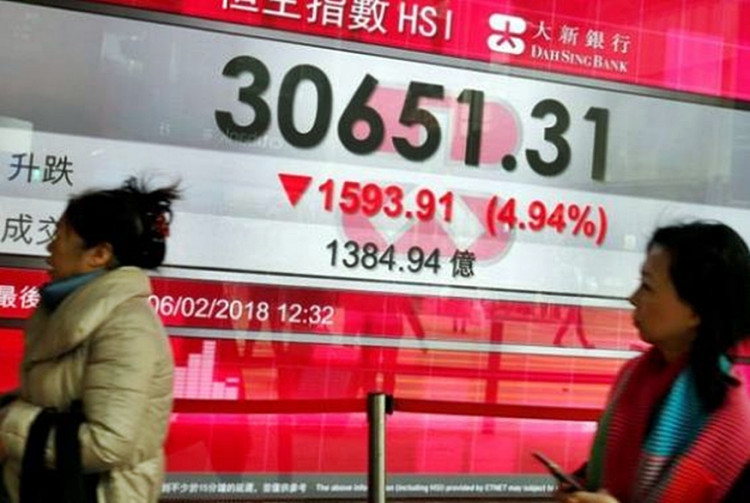Hong Kong has slashed the growth forecast for its economy for the full-year 2018 to 3.2 percent from the earlier 4 percent due to a myriad of headwinds, chief among which is the rancorous trade war between the United States and China.
Hong Kong is especially vulnerable to trade conflicts because its economy is totally dependent on external trade. China, Hong Kong's largest trading partner, is reeling from import tariffs imposed by the Trump administration since July and is eager to halt the mutual bloodletting but to no avail.
Speaking through a bellicose Vice-President Mike Pence, the Trump administration over the weekend vowed to punish China by going ahead and imposing the new and heavy tariffs set for Jan. 1, 2019.
In August, Frederick Ma, Secretary for Commerce and Economic Development, said some 7 percent of Hong Kong's total exports will be hit if the United States imposes a new round of trade tariffs on China on Jan. 1, 2019.
In a statement, the government said the impacts on Hong Kong's external trade have begun to surface, and are likely to become more apparent in the near term, meaning by 2019.
Compounding Hong Kong's trade woes is the fact the island's retail sales grew at their weakest pace in 15 months in September. Investments and visitor spending have fallen due to a rout in the benchmark Hang Seng index (down around 14 percent this year) and a weaker yuan or renminbi.
Several key banks in the city have also reduced their growth forecasts for this year amid concerns over the impact of the relentless trade war. For one, Standard Chartered cut its 2019 GDP growth forecast to 3 percent from 3.4 percent.
Hong Kong's economic growth decelerated further in the third quarter. For the fourth quarter, the economy will face additional headwinds amid simmering trade tensions between Beijing and Washington and higher interest rates, which saw property prices rapidly cool after a bullish stampede lasting more than two years.
Hong Kong's economy grew 2.9 percent in the third quarter year-on-year. This performance compares badly with the 3.5 percent growth rate in the second quarter. The government said this is the second straight slowdown from 4.6 percent growth in the first quarter, which was the city's strongest performance in nearly seven years.
It said the economy inched forward by a scant 0.1 percent in the third quarter from the second on a seasonally adjusted basis, compared with a 0.2 percent growth in the second quarter.






